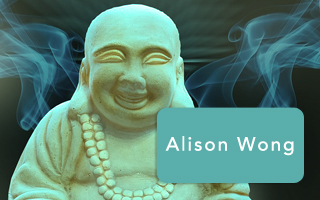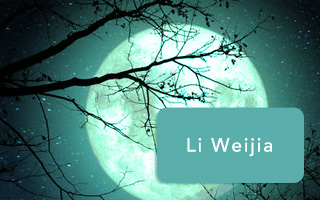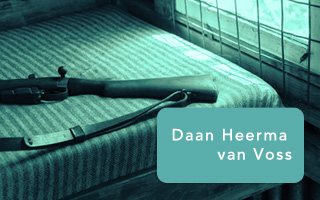Dream Game, Memory’s Palazzo:
The Sun Yat-sen International Writers Residency Special Edition
edited and with an introduction by Katherine Scott Nelson
In the fall of 2016, a group of international writers and Chinese college students convened in the humid jungles of Yangshuo, the red-brick botanic garden of Sun Yat-sen University, and the coffee-flavored hot springs of Jiangmen. The residency was organized by Fan Dai, the founder and director of the Sun Yat-sen University Center for English-Language Creative Writing (and who, in Rúnar Vignission’s words “lends new meaning to the word ‘fantastic’”). SYSU’s English-Language creative writing program is the first of its kind in mainland China. The Writers’ Residency, sponsored by the Lingnan Foundation and the Jiangmen Tourism Bureau, provided space for a diverse group of authors to write and to present lectures, readings, and attend cultural exchanges.
During the residency, novels were born and memoirs completed, long intense conversations held over bottomless pots of tea, impromptu Halloween parties thrown with makeshift costumes. The stories, poems, essays, and plays represented here were contributed from the other writers-in-residence, as well as a handful of the Sun Yat-sen University students and translators who attended the residency. The contributors to this special online edition of Ninth Letter represent a diverse group of writers, poets, artists, and thinkers. Some of us speak endangered languages or hail from formerly colonized nations. Still, all of us arrived with open minds and a willingness to engage in the messy, fraught, complicated, illuminating possibilities of cultural contact and exchange. As I watch my home country engaging in a bitter, vicious battle over what is America and who gets to matter in it, I feel hopeful that this small band of dreamers and doers represent another way to live, to relate to ourselves and to each other.
In no particular order:
Alison Wong, in “A New Kind of NZ Road Movie,” travels up the coast of New Zealand to perform authentic Buddhist rites for shipwrecked Chinese New Zealanders. Rúnar Vignisson contributes a short story, “Sandals,” about a modern Icelandic man caring for an exasperating aging relative, and “If You Are Going to Ditch Me,” a monologue from the not-yet-officially-threatened Icelandic language. Sichuan earthquake survivor Li Weijia offers a moving reflection about the tragedy and the continuity of life in “Starry Night.” Larissa Boehning’s short story “Silent Fish, Sweetheart” juxtaposes a young woman’s growing ambivalence about a new romantic relationship with the struggles of her refugee grandparents. In Ling Li’s tense and sensitive essay “Sitting the Month,” long-standing conflicts threaten to overwhelm a new family. Daan Heerma van Voss takes us on a ride in an unmarked van with two shady men in “The Rottweiler.” Li Cuixin, in “Dancing in the Dark,” offers a powerful and hopeful vision for young queer people in contemporary China. Bárbara Colio shares an excerpt from her play “Postcards from a Better World” in which we discover some of the possible effects of technology on personhood and agency. In a similar vein, Zheng Wei’s haunting short story “Shadow and Me” follows a personality in a fight for its own survival. Fan Dai reminds us that the life of the writer comes with responsibilities as well as privileges and gifts. During the residency, George Szirtes and Ravi Shankar collaborated on a long-form poem, the witty and irreverent “A Field Guide to Southern China,” which will be published in chapbook form by Eyewear Press. A few stanzas are excerpted here. Finally, Ravi Shankar contributes three poems that showcase his mastery of language and enthusiasm for playing with form. I intend for “On Versification” to form an epigraph for this issue:
Perhaps it’s the kind of dream game you play in your sleep,
or the residue of books you’ve read, sitting in your armchair,
even—or perhaps especially—in retreat from memory’s palazzo
to those vague stirrings that resemble imaginative freedoms,
ice riding air towards its own melting, like how even bad vertigo
can be overcome if you sit on a ledge long enough to stand.
So you make and remake yourself in your own language entirely.
________
Katherine Scott Nelson is a graduate of the MFA program at the University of Illinois at Urbana-Champaign, and the author of the novella Have You Seen Me, which was published by the Chicago Center for Literature and Photography and a finalist for the Lambda Literary Awards. More info at katherinescottnelson.com.











